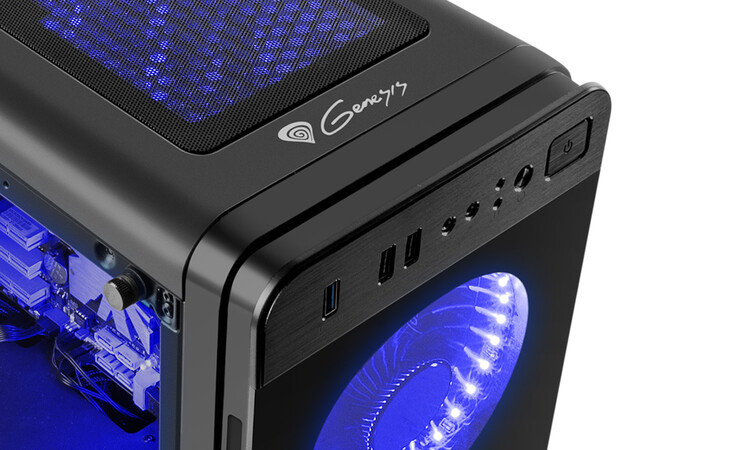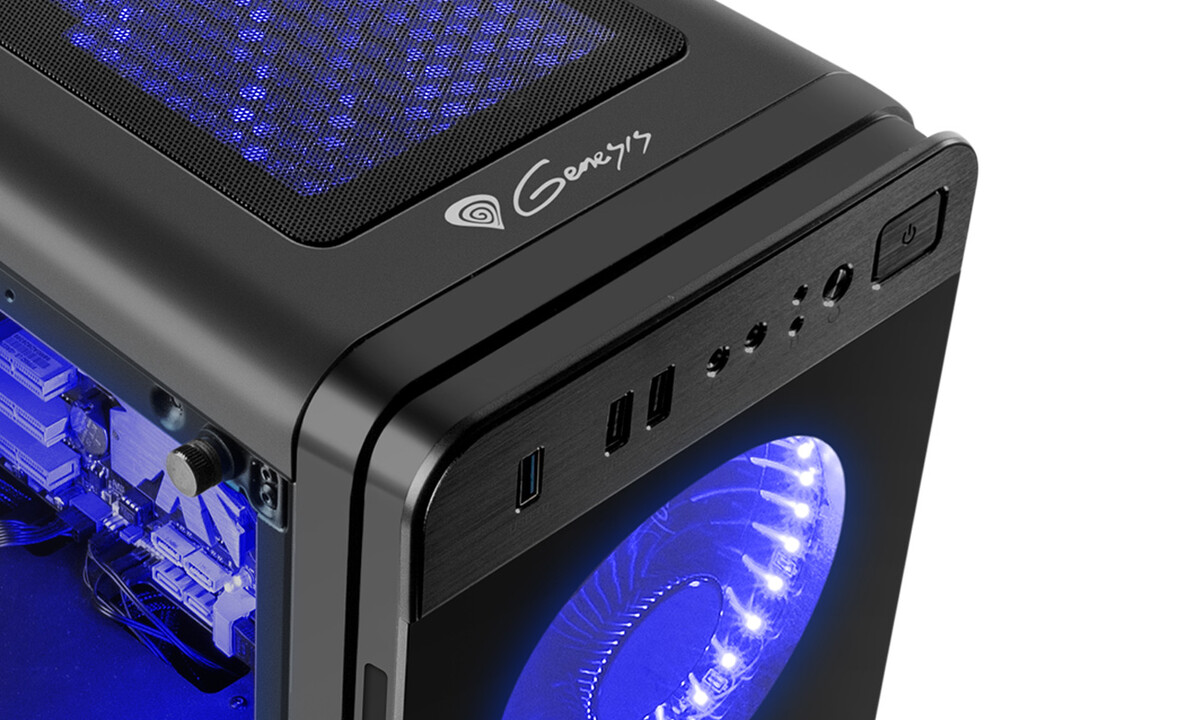Detection of console hardware components in Linux, BSD and Solaris
+ Add to Google News
- Tutorial
- ro
- en
- FlorinM
- 5 years ago
- 2020-06-28 12:00:00
- comments
- : 2 minute 18 secunde
- image: Genesis
Think, for example, that you want to get a new computer / laptop and you want to test it a bit on Linux and / or see if what is in the case corresponds to what is written on the invoice.
Obviously for this you will need a distribution that runs on a Live CD. This tutorial will help you do all the work in the console so that the detection is independent of the chosen distribution. Also, some of the commands below go on BSD or Solaris, so we are dealing with an independence from the chosen Unix operating system.
Processor
cat / proc / cpuinfo
However, pay attention to the fact that, on cars that have a form of energy management (Intel SpeedStep, AMD PowerNow! Etc.) supported by the kernel with which you started the car, a lower value of frequency could appear in the mentioned file. at which the processor is tacted than the one in the specifications in the invoice - as the car is under stress or at rest at the time of examining the file.
Hard disks
To get a list of such devices on your computer, visible from the current kernel:
# ATA disks and SCSI / USB dmesg devices | egrep '(^ hd [az]: | SCSI device sd [az] :)' # SCSI / SATA / USB disk details dmesg | grep -B1 -A2 'Type: [] \ + Direct-Access'
Attention, to the above query (and depending on the kernel version used) could be reported other devices with disk behavior connected on the SCSI / USB bus such as: optical drives (CD-ROM, CD-RW, DVD -RAM, DVD-RW, MO, UDO), semi-flexible disk drives (JAZ, ZIP, LS-120), high speed EEPROM memories (Flash), volumes presented via SAN etc.
To get a list of partitions on a hard drive:
fdisk -l $ device
Details about the status of IDE and SCSI disks (native) that support SMART:
smartctl -a $ device
Details about IDE / SCSI / USB disks:
hdparm -i $ device
Speed ??tests:
hdparm -tT $ device
Where $ device takes a value of the form / dev / ([sh] d [az]), where $ 1 is one of the names obtained from the queries in the section opening. In particular, $ device can take values ??of other forms when dedicated controllers are installed in the expert machine, eg / dev / ida / c [0-3] d [0-14], / dev / i2o / c [0 -3] t [0-3] d [0-1] etc.
USB devices connected
lsusb
Please note that this command (like its sister to the system bus, lspci) only reports the current topology and component of the USB bus and attached devices - it does not provide information about the degree of support or compatibility of the devices listed with the machine and kernel. ul in question.
PCI devices, including AGP, PCI-X, PCI-Express and PCMCIA CardBus
Attention, as mentioned above, the fact that a certain device appears listed in this list does not automatically mean that it is supported by the machine and the current kernel.
Optical devices capable of burning CD-RW, DVD-RAM, DVD-RW
cdrecord -scanbus
Classic floppy disk drives, directly attached
dmesg | egrep '(^ [Ff] loppy | ^ FDC)'
RAM memory
Total quantity, in megabytes:
dmesg | grep ^ Memory: free -m
Details:
decode-dimms.pl dmidecode
Monitor
monitor-probe -v nvidia
nvidia can be replaced by the driver you use
- powered by Verysign














